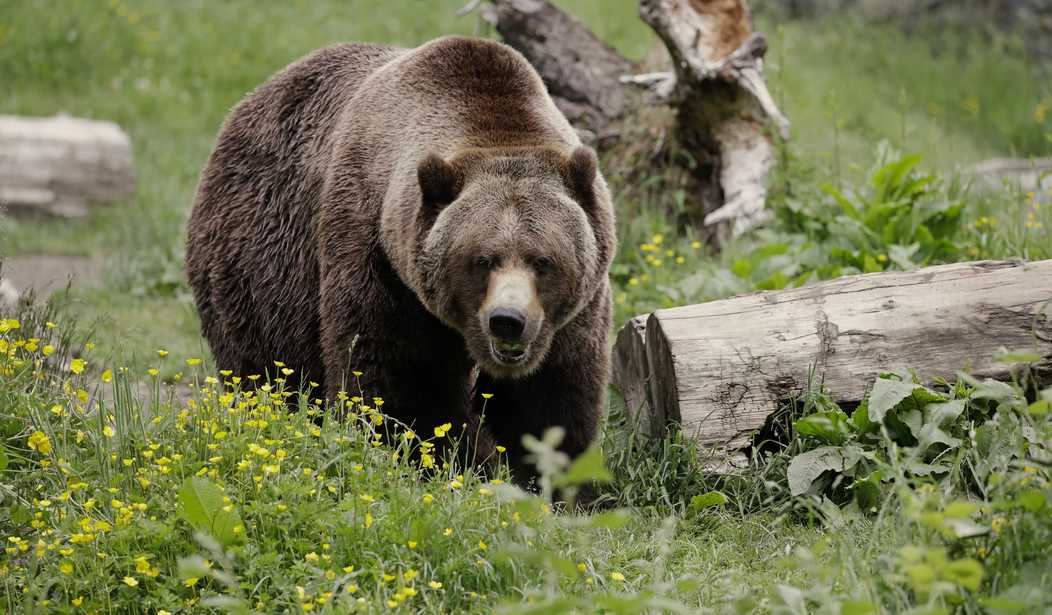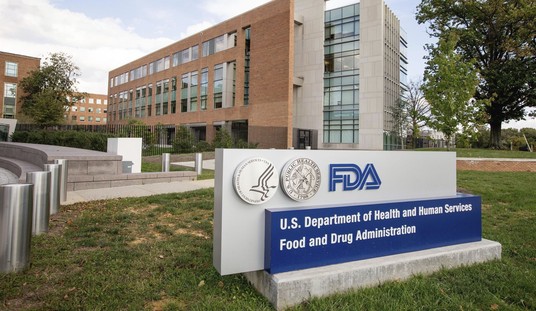Family members gathering together to enjoy a barbecue is one of the staples of the unofficial start of summer, Memorial Day weekend. But one family got an unpleasant surprise when they sat down to enjoy the spoils of a hunting trip, which came in the form of a bear kabob dinner that someone hadn't cooked properly.
The Centers for Disease Control and Prevention (CDC) released a report this week on the unsuspecting family of eight, with six of them coming down with "brain worms"--more formally known as trichinellosis--from the underdone meat during a 2022 reunion:
Two of the sick family members only ate vegetables that were cooked with the meat.
The food-borne disease — which is rarely reported in the US, but generally comes from eating wild game — came to light when one of the family members, 29, went to a Minnesota hospital in July 2022 with a fever, severe muscle aches, swelling around the eyes and other abnormalities discovered in blood tests, the CDC said. He reported that he spent time with family members from Arizona, Minnesota and South Dakota in the latter state that summer, and had been hospitalized twice over a 17-day period.
Unfortunately, it stemmed from bad advice, as sometimes happens. The CDC report noted that "[t]he hunting outfitter had recommended freezing the meat to kill parasites." So, they were under the mistaken impression that any microscopic organisms that happened to be present would not mar their cookout:
Six days before symptom onset in the index patient, he and eight extended family members from three states (Arizona, Minnesota, and South Dakota) had gathered for several days in South Dakota and shared a meal that included kabobs made from the meat of a black bear (Ursus americanus), which had been harvested by one of the family members in northern Saskatchewan, Canada in May 2022.
I'd rather not dwell on the fact that investigators also found a type of parasite larvae in the contaminated meat that is "freeze-resistant"--that is, despite what the hunters or their family thought, these things can spring back to life after the carcass is stored in the freezer.
Happily, all six of the people recovered from the brain worms. The CDC explained how the family members were sickened:
“The meat was initially inadvertently served rare, reportedly because the meat was dark in color, and it was difficult for the family members to visually ascertain the level of doneness. After some of the family members began eating the meat and noticed that it was undercooked, the meat was recooked before being served again.”
It could have been easily avoided, in other words. This "Outdoor Life" guide directs hunters to safely enjoy bear meat once a thermometer displays an internal temperature of 170 degrees Fahrenheit.
Some readers might be surprised that this isn't the only story we've written recently about brain worms. Brad Slager previously shared in his Remmys column a Robert F. Kennedy Jr. write-up in the New York Times about his own experience with a parasite that ate part of his brain and then died while still inside his skull. The less said about that, the better, probably.













Join the conversation as a VIP Member